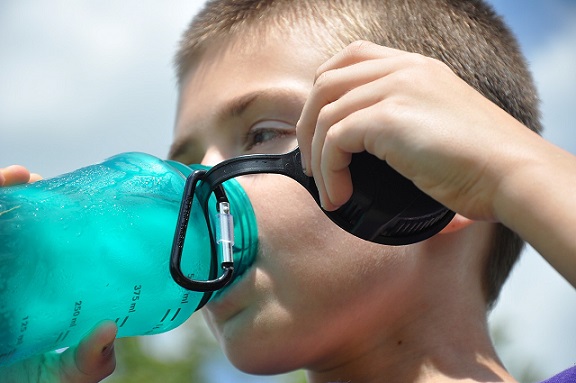Electrolytes are often associated with sports drinks and re-hydration solutions, but their importance goes far beyond replenishing fluids after a workout. These essential minerals play a crucial role in maintaining proper hydration, supporting muscle function, regulating nerve impulses, and ensuring overall balance within the body. In this comprehensive guide, we’ll delve into the world of electrolytes, exploring their functions, sources, and importance for optimal health.
What Are Electrolytes?
Electrolytes are minerals that carry an electric charge when dissolved in a liquid, such as water. The most common include sodium, potassium, chloride, calcium, magnesium, and phosphate. These minerals are present in bodily fluids, including blood, urine, and sweat, where they help regulate fluid balance and facilitate various physiological processes.
Functions of Electrolytes
- Fluid Balance: Electrolytes play a key role in maintaining proper fluid balance within the body. Sodium and potassium, in particular, regulate fluid levels by influencing water movement across cell membranes.
- Muscle Function: Calcium, sodium, and potassium are essential for muscle contraction and relaxation. These help transmit electrical impulses along nerve pathways, enabling muscles to contract and perform movements.
- Nerve Conduction: Electrolytes facilitate the transmission of nerve impulses throughout the body. Sodium and potassium ions create a gradient across cell membranes, allowing nerve cells to generate electrical signals essential for communication between the brain and various tissues.
- pH Balance: Some electrolytes, such as bicarbonate, help regulate the body’s pH balance by buffering acids and bases. Maintaining proper pH levels is crucial for optimal cellular function and overall health.
Sources of Electrolytes
Electrolytes are obtained through dietary sources, including:
- Sodium: Found in table salt, processed foods, and naturally in some vegetables and dairy products.
- Potassium: Abundant in fruits (especially bananas and citrus fruits), vegetables, legumes, nuts, and seeds.
- Calcium: Found in dairy products, leafy green vegetables, fortified foods, and certain fish (such as sardines).
- Magnesium: Found in nuts, seeds, whole grains, leafy green vegetables, and some types of seafood.
- Chloride: Present in table salt (sodium chloride) and naturally in foods like tomatoes, celery, and olives.
Electrolytes and Exercise
During exercise, the body loses electrolytes through sweat, particularly sodium and potassium. Replenishing these is essential for maintaining hydration, preventing muscle cramps, and sustaining performance. Sports drinks and electrolyte supplements are commonly used to replace lost electrolytes during prolonged or intense physical activity.
Electrolyte Imbalance
An imbalance in electrolyte levels can have adverse effects on health. For example:
- Hyponatremia: Low sodium levels can lead to symptoms such as fatigue, headache, nausea, confusion, and in severe cases, seizures or coma.
- Hyperkalemia: High potassium levels can cause muscle weakness, irregular heartbeat, nausea, and tingling sensations.
- Hypokalemia: Low potassium levels may result in muscle weakness, cramps, irregular heartbeat, and fatigue.
Maintaining electrolyte balance is crucial for overall health and well-being. In addition to consuming electrolyte-rich foods, staying hydrated, and replenishing during exercise, it’s essential to monitor electrolyte levels regularly, especially for individuals with certain medical conditions or those taking medications that affect electrolyte balance.
Electrolytes are indispensable minerals that play a vital role in various physiological functions, including fluid balance, muscle function, nerve conduction, and pH regulation. Obtaining electrolytes through a balanced diet rich in fruits, vegetables, dairy products, nuts, and seeds is essential for maintaining optimal health and performance. Whether you’re an athlete striving to enhance performance or an individual seeking to improve overall well-being, understanding the importance of electrolytes and incorporating them into your daily routine can help unlock your body’s full potential.
